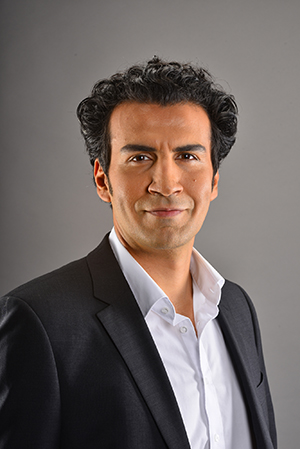
Advertorial | „Project Managers in Banking”
When starting a career in banking, you normally wouldn’t think about Project Management as your entry point. Young talents finishing university tend to either take a career in traditional banking areas, such as Sales & Banking Advisory, Risk & Finance, or – especially after finishing technical universities – within IT. However, there is a career path becoming more and more important within banking: Project Management.
To understand the current need for Project Managers in banking, one has to look at the changes that have impacted the financial industry since the banking crisis hit the entire world with Thor’s hammer:
- Legal requirements: Following Lehman Brothers’ filing for bankruptcy in September 2008, politicians and economic scientists all over the world dicussed how to avoid another such crash in the future. These discussions resulted in a tsunami of regulatory requirements hitting the entire financial industry. As a consequence, banks and insurance companies stopped focusing as much on their client needs, and insteadwere increasingly caught up with fulfilling the regulations set by financial authorities. All such changes had to be implemented within hard deadlines.
- Project size and complexity: Especially for large international banks operating in several legal entities and offering a broad variety of services, the new regulatory requirements resulted in an increase in the size and complexity of projects; All of a sudden, law makers’s decision to, for example, introduce a small change in accounting standards would lead to multi-million investments for banks and insurance companies.
- Innovation: the original iPhone was introduced by Steve Jobs just shortly before the Lehman crash. And it helped change everything, from our way of working to our way of living! All industries have had to re-think their business models and strategies. “Digital” became the new buzzword. The banking and insurance businesses have by nature been traditional and conservative. However, mobile and digital transformation has brought new opportunities, as well as massive challenges, to these sectors. And for banks, this digital transformation had to take place at the same time they were implementing all the new legal requirements.
- Competitors: Internet, smartphones and tablets inspired thousands of startups to build their own business. “Fintechs” focus on just one or a handful of financial services and offer these to clients – with the aim of being cheaper, faster and more user-friendly. In addition to such start-ups, the leading global giants in the tech and social media spheres also show clear signs of wanting to expand into the payments and banking business. No wonder that classic banks are being forced to find new ways to stay competitive.
All of the above-mentioned pointstypically lead to changes —and project managers play a key role in implementingthem. Some quite specific skills are needed to become a successful project manager:
- Social Skills: A project managers deals with a large number of stakeholders within a project. People who are good communicators and are good at managing conflicts very often make the best project managers.
- Hard Skills: No matter which specific methodology a project manager is applying, all of them follow a logical and structured approach. And a project manager must know that approach by heart.
- Business & IT: Unlike most other roles in service industries, project managers must deal with both the business and IT worlds. Changes in products, processes, structures or any regulatory requirements normally also lead to changes in the project’s IT. The project manager stands in the middle between IT and business and must help steer both sides.
For the financial industry, a key to success lies in finding a balance amongthe demands set by innovation, customer service and legal requirements.
The project manager is a key staff profile. After all, they are guiding strategic transformation initiatives in the financial industry, and will continue to do so in the future.
Mag. Yosef Schaban – Erste Group IT International




